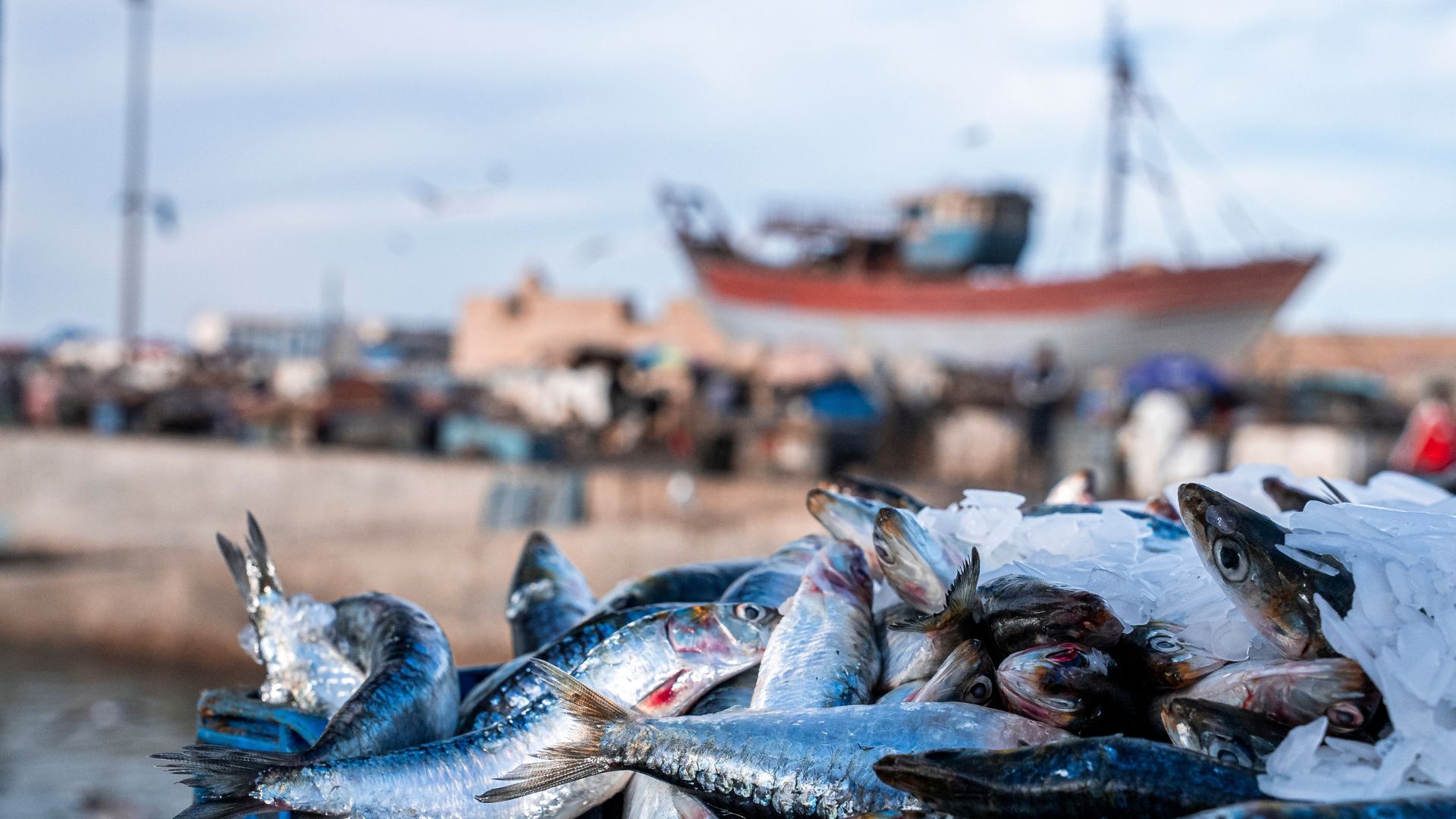Billions of people around the world rely on fish as part of their food supply, as well as for their livelihood. However, environmentalists are afraid of the impact of fishing on marine biodiversity.
According to the UN FAO State of the World Fisheries Report in 2020, 10% of the world’s population relies on fishing for their livelihood. Additionally, people are increasingly opting for fish as an alternative to meat for a healthier diet, which means that the demand for fish products is increasing.
Fishing is not entirely bad for the ocean, but overfishing is.
The World Wide Fund for Nature defines overfishing as occurring when too many fish in a particular stock are caught and there are not enough adults to breed and sustain a healthy population.
Overfishing is the result of other fishing activities such as bycatch, which is the capture of unwanted sea life while fishing for a different species, and illegal fishing.
In terms of its environmental effects, overfishing disrupts the balance of the ocean’s ecosystem and biodiversity, damaging the food web and causing the decline of other crucial marine species, such as vulnerable sea turtles and corals.
Stopping overfishing might unintentionally lead to the halting of fishing entirely, thereby endangering the livelihoods of millions of fishermen worldwide, resulting in the loss of jobs and negatively impacting coastal economies.
However, there is a persistent high demand for seafood that prolongs overexploitation and environmental degradation, thus intensifying this circular problem.


















